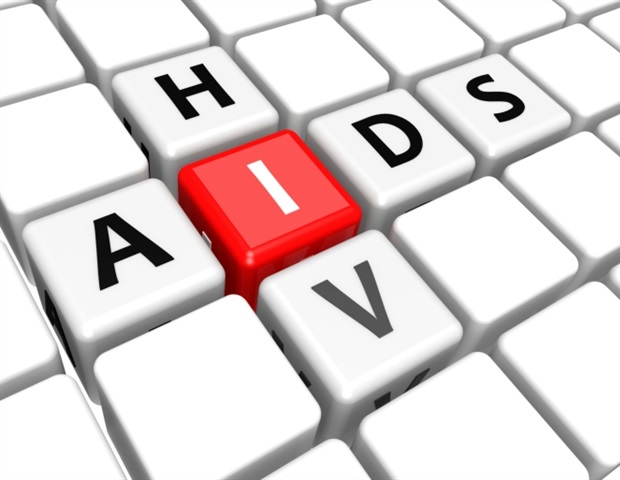Global HIV, viral hepatitis epidemics and sexually transmitted infections (STIs) continue to pose significant public health challenges, causing 2.5 million deaths each year, according to a new WHO report - Implementing the global health sector strategies on HIV, viral hepatitis and sexually transmitted infections, 2022–2030. New data show that STIs are increasing in many regions.
In 2022, WHO Member States set out an ambitious target of reducing the annual number of adult syphilis infections by ten-fold by 2030, from 7.1 million to 0.71 million.

Yet, new syphilis cases among adults aged 15-49 years increased by over 1 million in 2022 reaching 8 million. The highest increases occurred in the Region for the Americas and the African Region. Combined with insufficient decline seen in the reduction of new HIV and viral hepatitis infections, the report flags threats to the attainment of the related targets of the Sustainable Development Goals (SDGs) by 2030.
The rising incidence of syphilis raises major concerns. Fortunately, there has been important progress on a number of other fronts including in accelerating access to critical health commodities including diagnostics and treatment. We have the tools required to end these epidemics as public health threats by 2030, but we now need to ensure that, in the context of an increasingly complex world, countries do all they can to achieve the ambitious targets they set themselves".
Dr. Tedros Adhanom Ghebreyesus, WHO Director-General .























